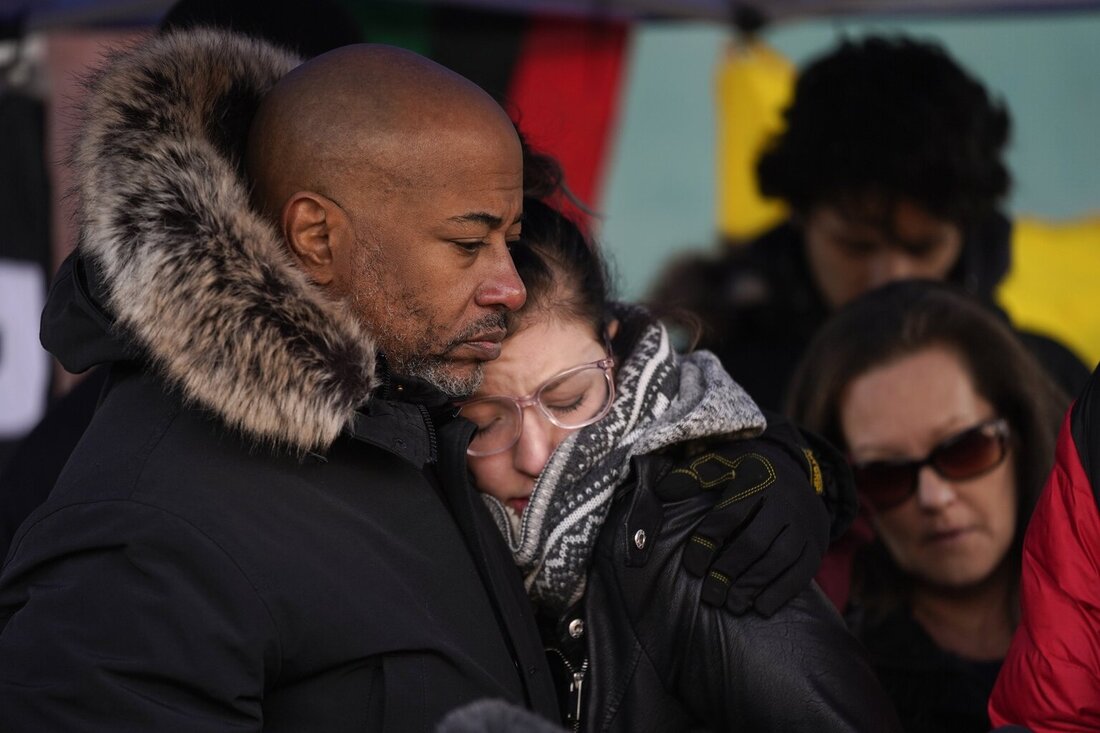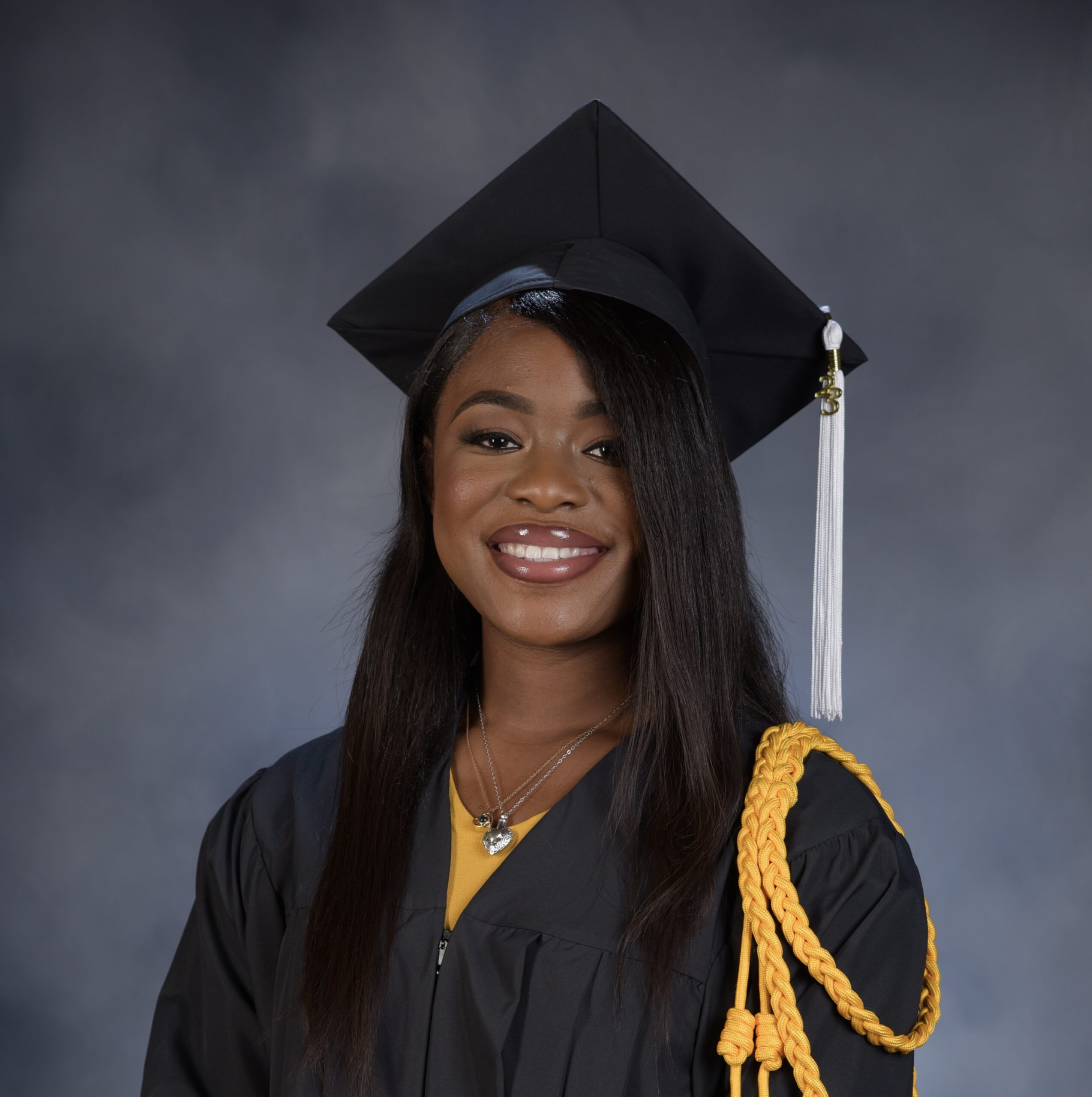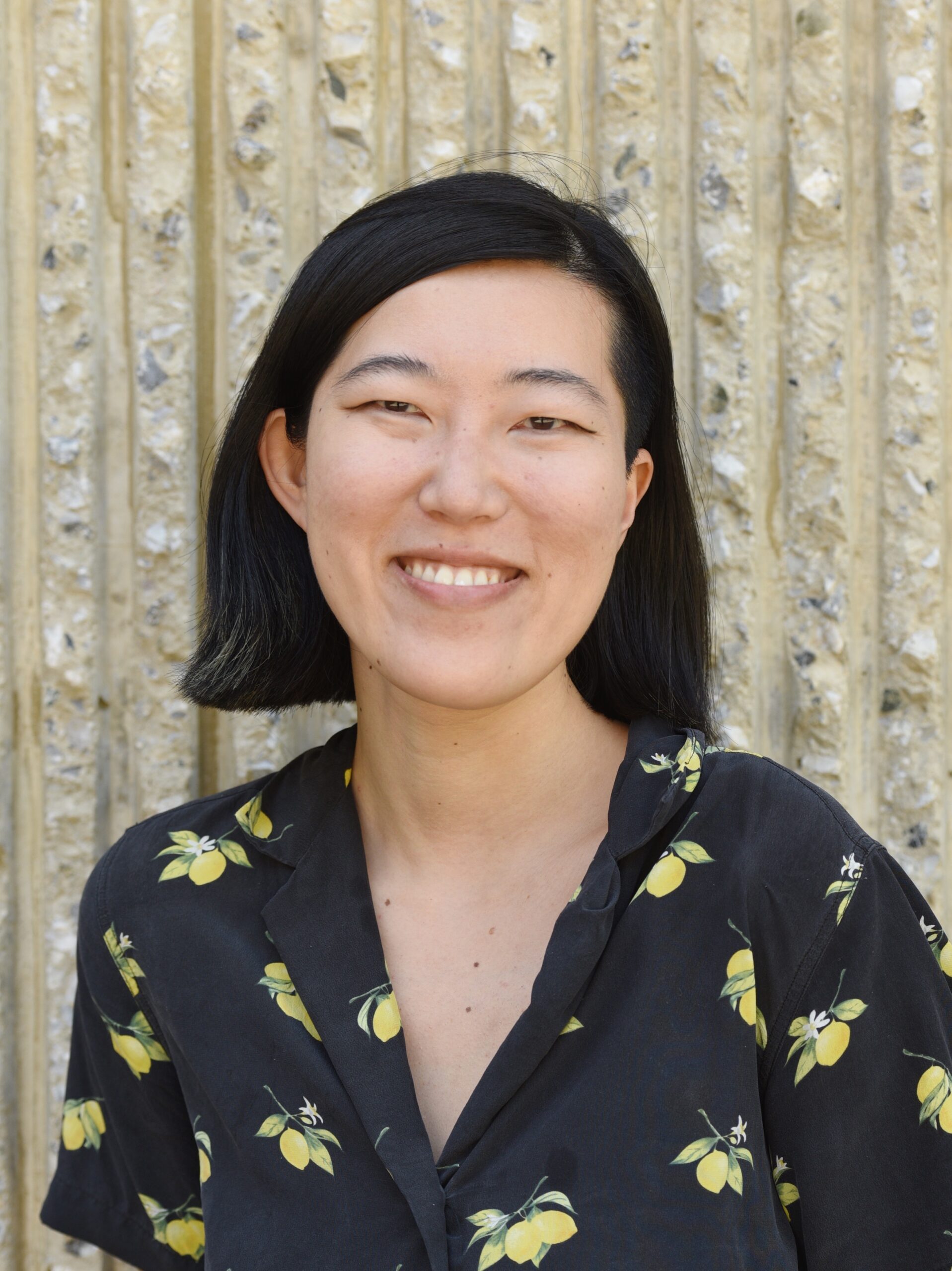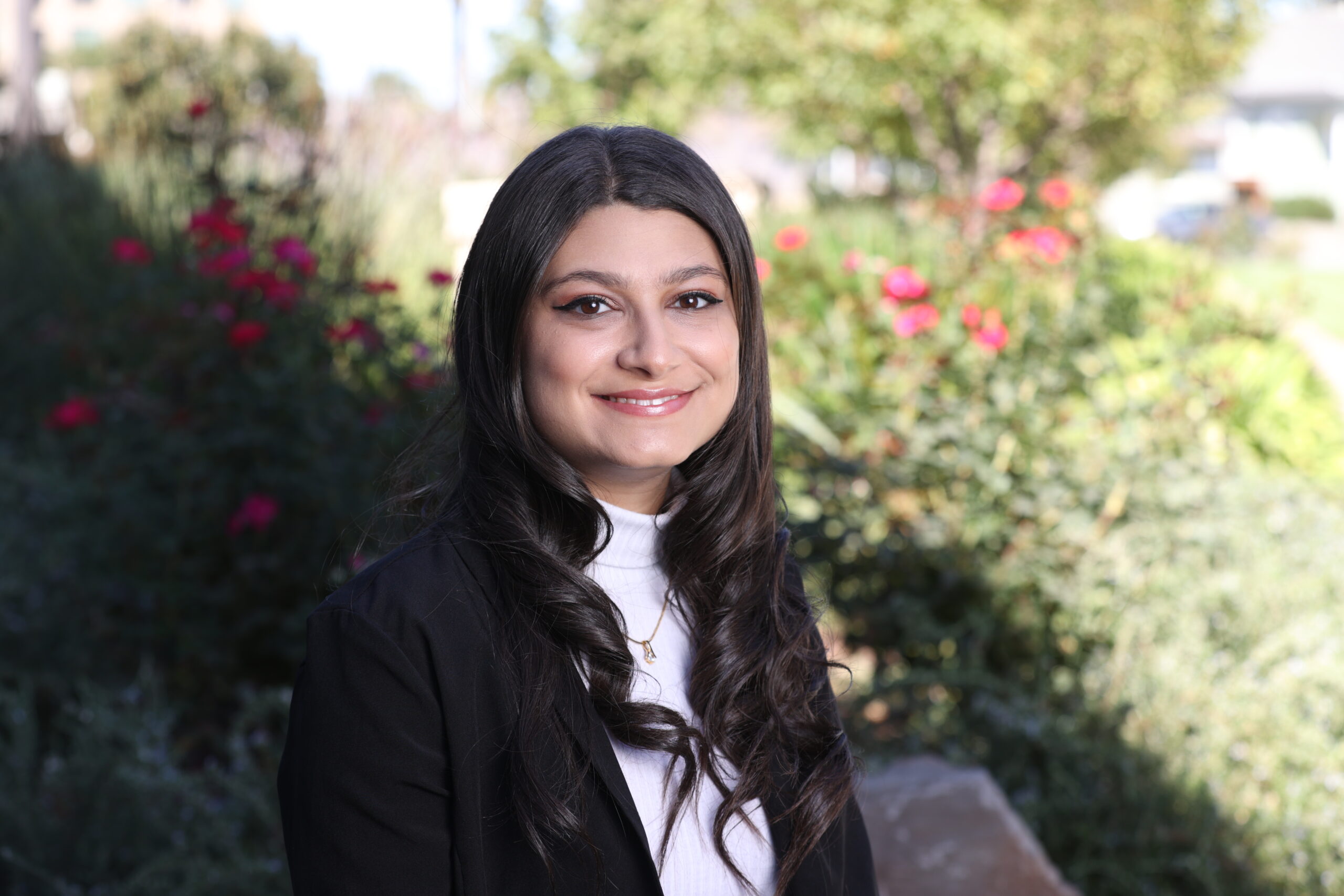The justice system let us down, just like it was designed to
Say It Louder
Not guilty. Not guilty. Not guilty. Not guilty. Not guilty.
As the five acquittals were read on Friday — clearing Kyle Rittenhouse of all charges in the killings of two men and the wounding of a third during a protest against the police shooting of Jacob Blake in Kenosha, Wisconsin, last year — the judge presiding over the case praised the 12 jurors for their attentiveness, saying he “couldn’t have asked for a better jury.”
Since the racial justice protests following the police murder of George Floyd last summer, much attention has focused on racially biased policing. But the past week of trials for Rittenhouse and the men accused of killing Ahmaud Arbery in Georgia have pulled back the curtain on a critical but often hidden driver of bias in our legal system — the courts.
Typically, courtroom drama happens out of the public eye. But the Rittenhouse case was televised on cable news, with the country seeing for itself the machinations of the system playing out in real time.
From the start, the judge in the Wisconsin case ruled that prosecutors could not call the men Rittenhouse shot “victims” but defense attorneys could call them “arsonists” or “looters.” Later, during the trial, Judge Bruce Schroeder allowed Rittenhouse to randomly select from a raffle drum the alternate jurors who would decide his case.
In the Georgia trial of William “Roddie” Bryan, Greg McMichael and his son Travis McMichael — the men who are accused of killing Arbery in 2020 for the crime of jogging while Black — the jury includes 11 white members and one Black member, in a county where the population is more than a quarter African American. The racial makeup of the jury came after the defense removed eight Black jurors from the pool.
It may be hard for those who are just learning about bias in our legal system to understand how people who are armed with assault-style rifles and shotguns could claim self-defense in the killings of men who carried no guns themselves. But longtime observers and critics of our legal system were not surprised. The deck has always been stacked.
Read the story on Seattle Times
The Rittenhouse verdict shows why judicial elections matter
Speaking Of...
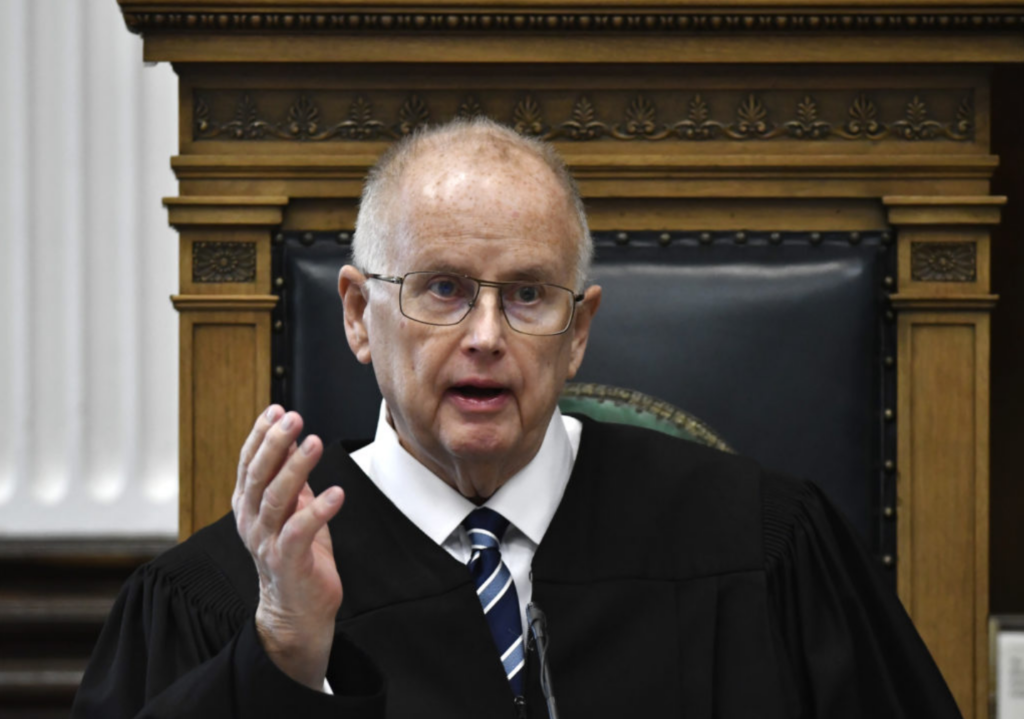
Kimberly Wehle is a professor at the University of Baltimore School of Law, a former assistant U.S. attorney.
The country is reeling over Friday’s acquittal by a Wisconsin jury of Kyle Rittenhouse on various murder-related charges, with folks on the right heralding him as a hero and those on the left decrying the verdict as a green light for increased active-shooter vigilantism. But the antics of Judge Bruce Schroeder laid bare another yawning issue with our country’s criminal justice system: that the vast majority of the approximately 30,000state judges in the United States—responsible for handling most of the 100 million new state cases each year–are elected, and therefore have qualifications and incentives vastly different from those of judges whose professional futures don’t hinge on politics.
The blame for the Rittenhouse verdict thus lies not only with the jury, which did its assigned job, but at the feet of eligible voters who care about racial and criminal justice but don’t bother to vote in an informed way. To decry criminal injustice but not vote or run for office is misguided, to say the least.
Many jobs as judges, prosecutors, and sheriffs are up for grabs each election cycle. (Not to mention legislators who might use their authority to alter the laws of self-defense and open carry in the first place.) Judge Schroeder, at 75 years of age, is the longest-serving trial judge in Wisconsin. He was first appointed to the position in 1983—in Wisconsin, as in many states, judicial vacancies due to retirements or deaths are filled by appointment—and has won all seven of his subsequent campaigns to be returned to the bench. In the April 2020 election he ran unopposed and garnered 98.7 percent of the vote. Nearly as many people in Kenosha County voted for Schroeder as voted in that day’s primaries for Joe Biden and Donald Trump combined.
Read the story on The Bulwark
My first Thanksgiving in prison was the best one I’ve had in forever
Perspective
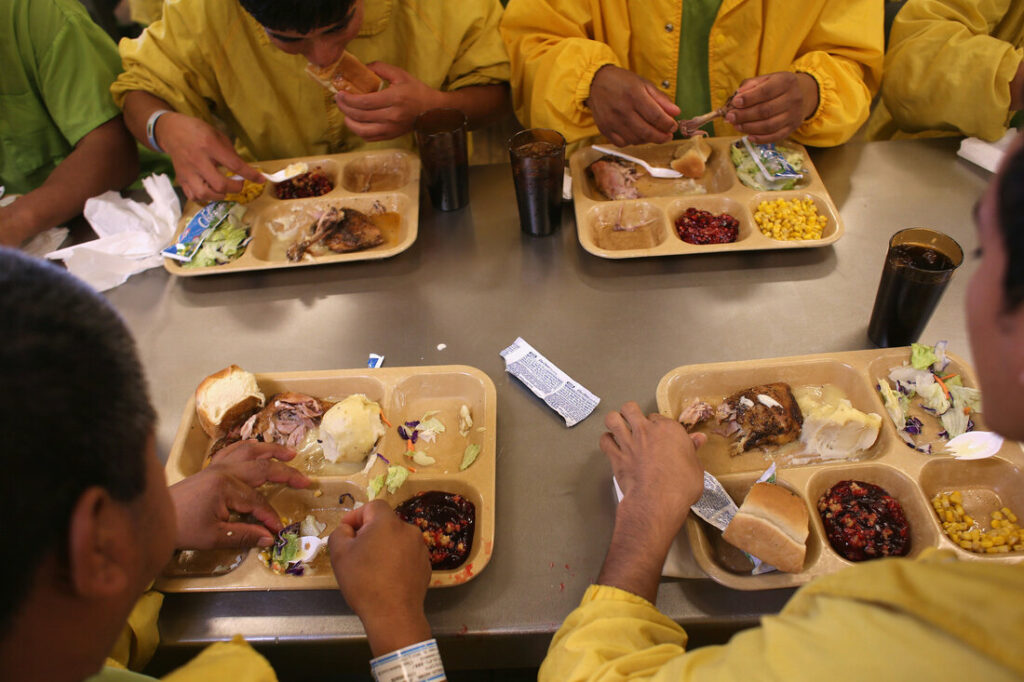
Keri Blakinger is a formerly incarcerated reporter who focuses on prisons and jails. She writes the column “Inside Out” with NBC News, and her work has appeared in the Washington Post Magazine, the Houston Chronicle and The New York Times.
Thanksgiving was not the worst holiday in prison but, looking back, I think maybe it was the saddest.
Behind bars, the best holidays were usually the ones that had been the least exciting in the free world—things like Labor Day, Memorial Day and Super Bowl Sunday. Times when we didn’t miss our families as much, when it didn’t feel like an entire season of celebration was continuing without us.
Still, in some sense, my first Thanksgiving in custody was better than the ones before it, when I’d been addicted to heroin and selling drugs to feed my habit. Back then, most of my holidays were a druggy blur, save for the occasional near-disaster—like the year a housemate got chased down the street with a baseball bat and had to spend the rest of the day in hiding because he’d urinated on another guy’s coke stash. I was too high to be bothered by it at the time; it was just another crazy drug story. But if I’d been sober enough, it might have seemed sad and lonely.
A few years later, I got arrested with a Tupperware full of heroin, and I was stone cold sober for my first Thanksgiving in prison. That was in 2011, a few months after a judge sentenced me to 2.5 years behind bars for felony drug possession.
In the New York prison where I did a lot of my time, we lived in dorms that looked like warehouses. It was always cold in the winter, and the heat was never high enough. On weekends and holidays they only fed us twice a day, lumping breakfast and lunch together, with meals never particularly worth eating. But on Thanksgiving, I skipped the mess hall: I was lucky. I had a visitor.
Read the story on The Marshall Project
The man trying to remake the largest prosecutor’s office in the country
More of This
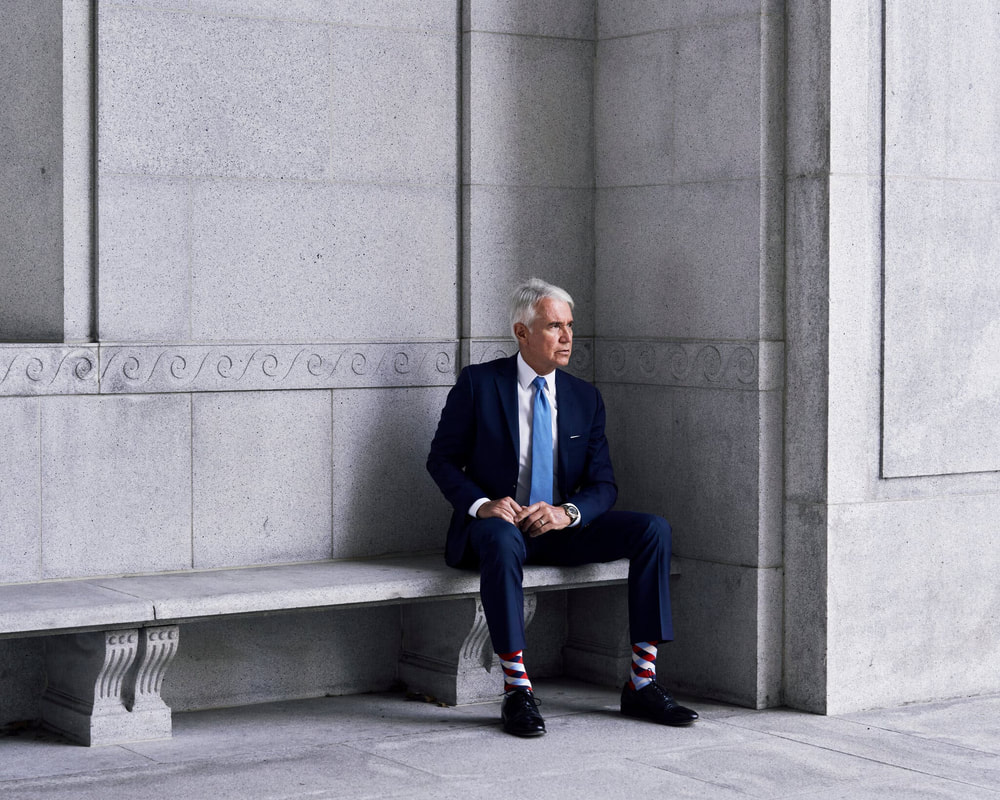
Last December, when George Gascón took over the largest local prosecutor’s office in the country, he made a complete break from the past. His inaugural speech as district attorney of Los Angeles Countyat once thrilled progressive activists and alienated many of the lawyers sizing up their new boss. Standing alone at a lectern as a pandemic precaution, Gascón put his hands to his forehead and half-bowed, yogi-style, to thank the judge who swore him in over a video connection. He flashed a smile and spoke in Spanish, his first language as a child growing up in Cuba, to honor his mother, who fled Fidel Castro’s Communist rule with his father and Gascón when he was 13.
Switching to English, Gascón, who is 67, acknowledged his long career in law enforcement. “You know, it was 40 years ago when I walked my first beat as a young Los Angeles police officer,” he said. “However, I am not the same man I was when I first put on the uniform.”
Then Gascón leveled an all-out attack on the status quo. The new district attorney described being arrested as “traumatic and dehumanizing,” lifting his hands for emphasis. “Our rush to incarcerate generations of kids of color,” he said, has torn apart “the social fabric of our communities.” Signaling that the police should expect new scrutiny, Gascón promised to review fatal shootings in the county by officers, going back to 2012.
He turned the argument for the “tough-on-crime approach” of other local law-enforcement leaders on its head, blaming their strategy for an eight-year rise in violent crime. He accused his opponents of making “unfounded and self-serving claims” about how more punishment increases public safety. “The status quo hasn’t made us safer,” he said, jabbing his fingers into the air.
Read the story on NY Times
One-woman show by activist lawyer now streaming
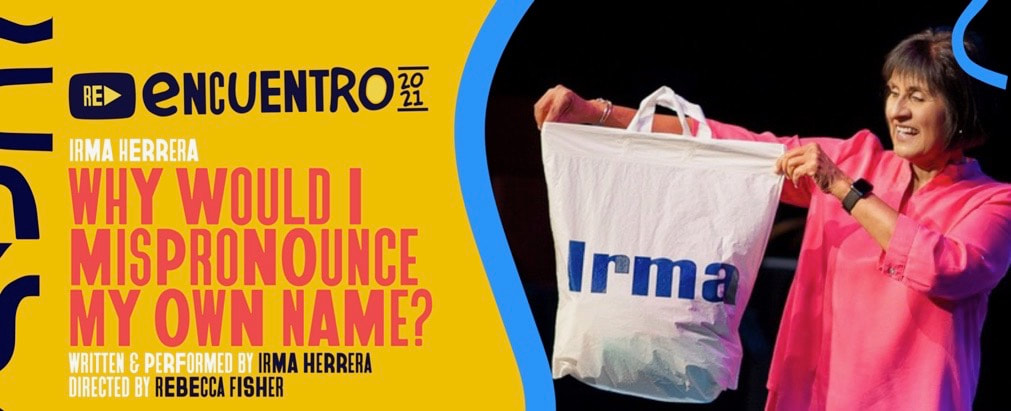
Why Would I Mispronounce My Own Name?, by lawyer Irma Herrera, is a work of creative nonfiction that has been enthusiastically received by audiences around the country. The hour-long show is a mashup of personal narrative, lessons in American history, and the importance of respecting people’s names, even when they don’t sound and look like “real” American names.
Watch here >
Stop the Hate Program Funding
The California Department of Social Services (CDSS), in partnership with the Commission on Asian and Pacific Islander American Affairs (CAPIAA), is pleased to announce the availability of $20 million in Fiscal Year 2021-22 for the Stop the Hate Program.
Apply here >




